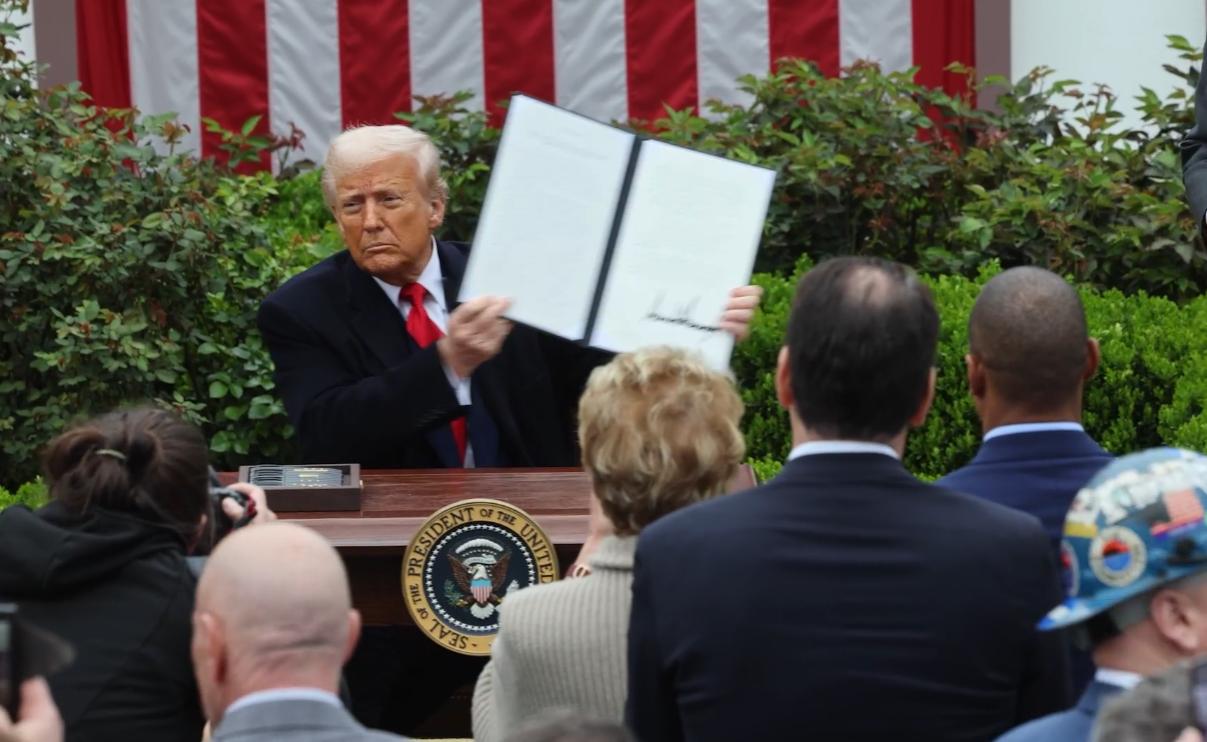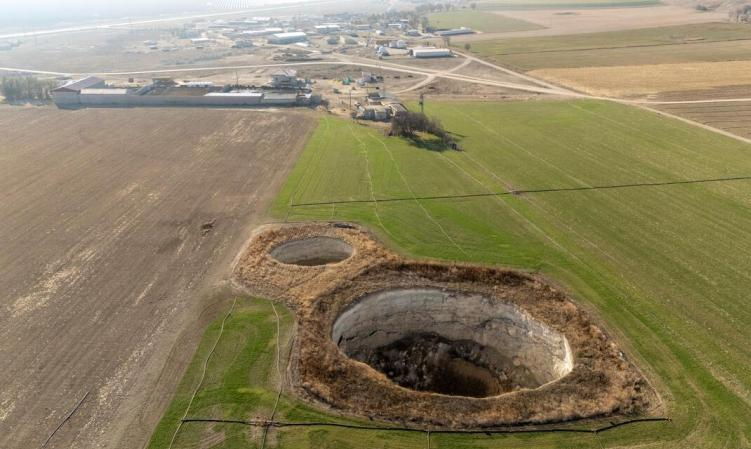
Since Donald Trump became the President of the United States, a series of tariff policies imposed on China have further intensified trade frictions between the two nations. After taking office, the U.S. gradually raised tariffs on Chinese goods from 50% to 125%. In response, China implemented corresponding countermeasures, including increasing tariffs on U.S. exports to China to 125%. The U.S. tariff policies forced China to take retaliatory actions, deepening trade conflicts between the world's two largest economies. The trade war not only impacted direct bilateral trade but also had profound effects on global supply chains.
Recently, both sides engaged in negotiations regarding tariffs and reached mutual concessions. The U.S. announced the cancellation of additional tariffs on China and suspended reciprocal tariffs, while China also adjusted its policies by revoking retaliatory tariffs and suspending equivalent countermeasures. The two countries reached a "pause" agreement on the tariff war. This temporary truce provided a brief respite for the global economy, alleviating market concerns about further escalation. However, it did not entirely eliminate uncertainties. The damage caused before the pause had already slowed global trade growth, and while the agreement helped stabilize market sentiment to some extent, its long-term effects remain to be seen.
The suspension of the U.S.-China trade war eased global economic tensions, benefiting not only the two nations but also having multifaceted impacts on worldwide economic development. Taking the U.S. and China as examples, the U.S. realized that its tariff policies triggered an unfavorable trade war, prompting a reassessment of whether these measures restricted China's development or its own. The U.S. heavily relies on Chinese imports for critical resources, and China's countermeasures backfired on the U.S., leading to unintended losses. This situation compelled the U.S. to reconsider and adjust its tariff policies. This dynamic between the two largest economies serves as a clear indicator; the adverse effects of tariff policies on other nations could be even more severe.
The current "pause" in the trade war is reshaping the tense global trade landscape. Lower tariff barriers enhance international trade flows and revitalize economic markets. The suspension has stabilized market conditions, boosted confidence among consumers and businesses, and stimulated investment and consumption growth. As the world's two largest economies, improved trade relations between China and the U.S. contribute to global economic recovery and expansion.
In summary, the trade war "pause" has provided temporary relief for global markets, but long-term uncertainties persist. Although the agreement has begun to reverse the slowdown in global economic growth during the trade war, it does not address underlying issues. Without proper resolution, these problems may reignite trade tensions in the future.

Due to the continuous decrease in rainfall and the rapid drop in groundwater levels, several large sinkholes have successively appeared in several agricultural areas in central Turkey in recent years, causing great concern among local farmers and environmental experts.
Due to the continuous decrease in rainfall and the rapid dr…
The Prime Minister's Office of Israel said Hamas attacked I…
Fourteen countries including the United Kingdom, France and…
The US Department of Justice said on Wednesday (December 24…
The Japanese government has submitted a draft, planning to …
On December 25th local time, NVIDIA announced a technology …